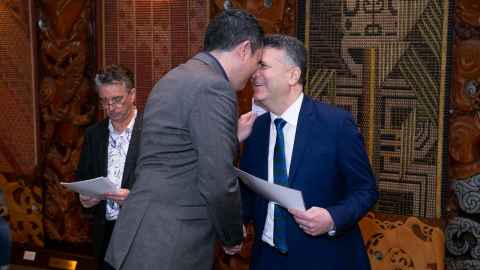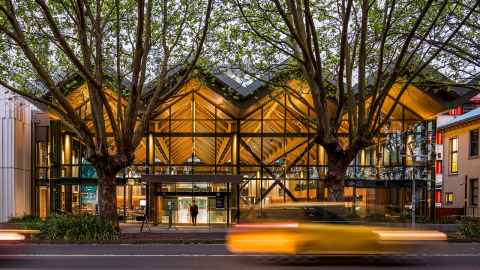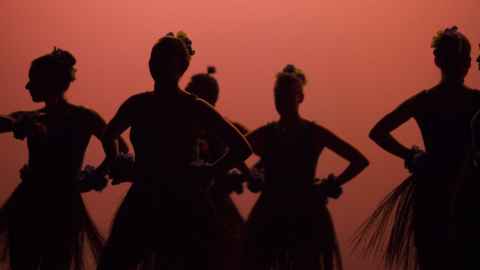
The latest news, stories, and opinion pieces from our faculty and community.
Read now
Join us at our public lectures, catch a research seminar, or get along to one of our student events.
Find events
Learn more about events at the Elam School of Fine Arts, School of Music, and Dance Studies.
Find out more

